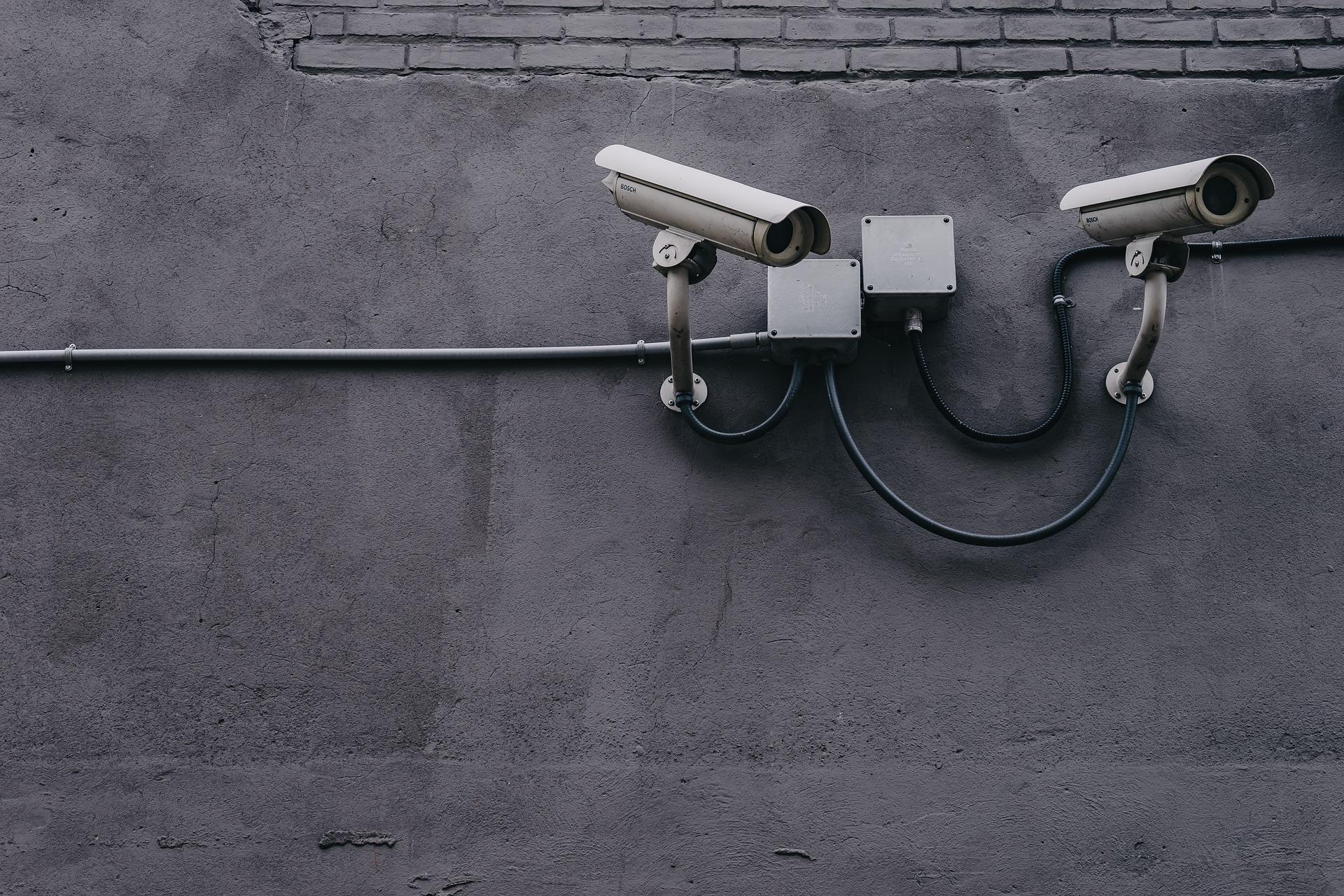11th September 2025

In a world of increased public protection needs, heightened scrutiny, regulatory change, ethical challenge and rapidly changing technology, how can we be sure policing have got it right when it comes to the use and value of CCTV?
Although CCTV evidence is an integral part of investigations there is little published data measuring the contribution it makes. In addition, CCTV is often operated by third-parties, such as local authorities, and police investigations are dependent on working in partnership with them. Establishing the value of CCTV systems could influence their ongoing investment and development.
To help forces and forensic specialists make sense of this, FCN Science specialists have produced a report summarising studies into the impact of CCTV on the criminal justice system. Their work draws on the Home Office Impact of Forensic Science Project, led by Marie Barrett, and complements recent research into the use of CCTV.
Andy Read, NPCC CCTV Portfolio Lead said:
“The Impact profile shown in the Phase 1 Report was created using data from South Wales Police and showed CCTV contributed across all the impact points studied. So is CCTV the real top forensic discipline? We are hoping all forces using their NICHE system with mandatory detection factors for CCTV, ANPR, BWV & Cyber will conduct further analysis to underpin these results and provide a greater evidence base for future decision making.”
The FCN executive summary highlights key findings from the CCTV studies where the use of the impact toolkit indicated interesting forensic science findings and benefits, especially around street robbery and criminal damage investigations.
Marie Barrett, Home Office Data and Identity Directorate said:
“Forensic Science plays a vital role in the CJS, so measuring and understanding its impact in detail is important for informing investment decisions and driving performance improvements. Our project has developed an impact measurement model and toolkit and we continue to look for opportunities to develop that understanding further. If you want to replicate the type of study described here by the FCN and undertaken in partnership with South Wales Police, then you can read more about the project and the toolkit here.”
Mr Gary Pugh OBE, Forensic Science Regulator said:
“Images from CCTV play an important role in detecting crime and eliminating suspects. The Forensic Science Regulator has worked closely with the NPCC to develop quality standards to support regulation in this area and the recently published FCN study of the impact and outcomes of CCTV demonstrates the importance of these examinations and provides a basis for assessing the direct benefits to crime investigation and achieving justice.”
The document is securely hosted on Knowledge Hub Blue. To access it you will need to sign up for a Knowledge Hub account & join the main Forensic Capability Network group.
Executive Summary: Review of studies to determine the impact of CCTV on the criminal justice service